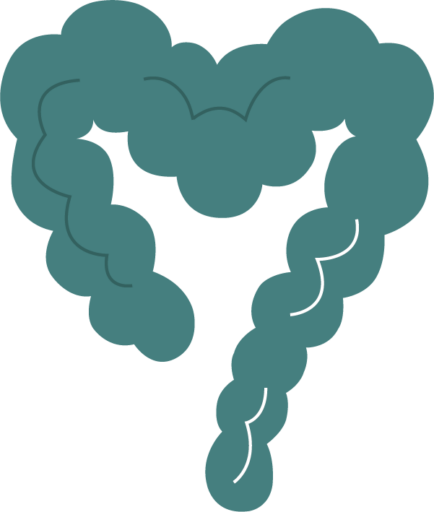
IBS during pregnancy
What happens to a gut suffering from IBS during pregnancy, and are there foods that are better to eat during this time when you have IBS? As pregnancy places high demands on the body and increases the requirements for several nutrients, it is important to understand the body’s needs and ensure adequate intake through a balanced diet.
Hormones
As is well known, a lot happens with the female body during pregnancy, which is largely related to hormones. At the early stages of pregnancy, progesterone levels increase, which can affect the intestines, causing them to work slower and increase the risk of constipation. Hormones can also have an effect on the oesophagus as it may become overly relaxed, which can result in heartburn, something that is common especially at bedtime.
The need for both nutrients and energy increases during pregnancy. Adequate intake of energy isn’t usually a problem to achieve, however in some cases, this may become a challenge. For example, if you are experiencing severe nausea, it may become difficult to consume enough nutrients and energy due to the lack of appetite and discomfort. Low iron levels are common during pregnancy, and you may be prescribed iron supplements, which often affect the intestines by making them work slower.
IBS during pregnancy
IBS (Irritable Bowel Syndrome) is a functional gastrointestinal disorder where no obvious problems in the gut are found; the intestines simply do not function as they should. Symptoms such as gas, bloating, anxiety, pain, and irregular bowel habits are common and have a limiting effect on the daily life of someone living with IBS. Women are particularly affected, but increasing numbers of men, children, and adolescents are also getting dignosed. If you suspect you are experiencing symptoms that indicate IBS, we recommend you see a medical professional .
So what does in fact happen to the gut in those with IBS during pregnancy? This may differ for each woman. Some women with IBS get significantly better and can eat almost normally again, while others experience a worsening of their IBS as their symptoms become more troublesome than usual. For those with IBS-D (diarrhea-predominant), bowel movements may improve during pregnancy.
This is usually due to an increased amount of progesterone, which slows down bowel movements. It can also be related to iron supplements, which can have the same effect. As the baby takes up a large space in the abdomen the intestines have less space and become less mobile which may lead to a decrease in loose bowel movements.
On the other hand, for those with IBS-C (constipation-predominant)they may become even more constipated during pregnancy. In addition to adequate fluid intake and regular movement, it is important to consume enough fibre. Kiwi, for example, is a good high fibre food that has been shown to relieve constipation.
The low FODMAP diet is used as the main treatment for IBS. Read more about it here.
Probiotics can provide support
An increasing number of studies suggest that some of the mother’s gut bacteria can be transferred to the fetus and affect how sensitive their immune system becomes, how it develops, and thus ultimately also affect allergies. Research also suggests that babies born vaginally and exposed to bacteria during upbringing may have a lower risk of developing allergies.
For those following the low FODMAP diet, gut bacteria can be negatively affected, especially during the elimination phase as the amount of pro- and prebiotic foods in the diet are often decreased. So, it may be beneficial to take a probiotic supplement during pregnancy for several reasons, even though we still do not fully understand what effect probiotics could have. Eating enough prebiotics (food which feeds the gut bacteria) is also important during pregnancy, and it is key to choose low-FODMAP varieties.
Sofia Antonsson
Reg. Dietitian, Belly Balance




